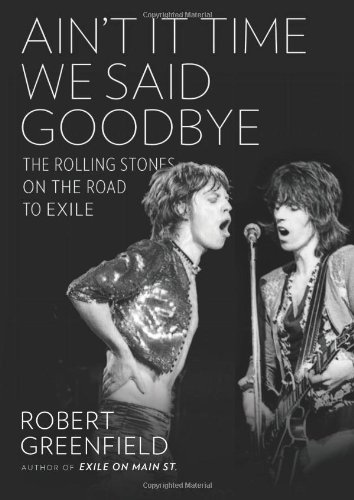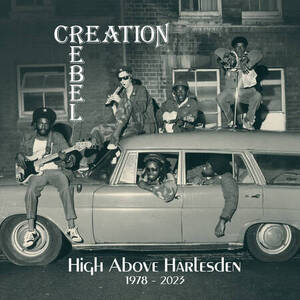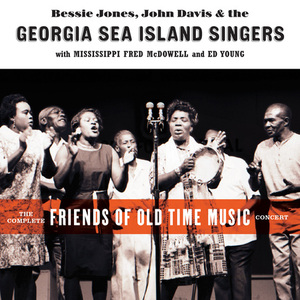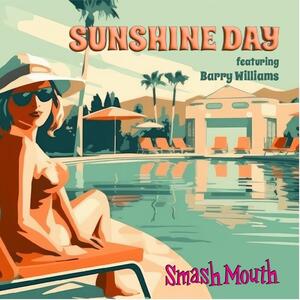
Ain’t It Time We Said Goodbye
by Robert Greenfield
De Capo Press
Robert Greenfield has chronicled his stint with the Rolling Stones in the mid-seventies a number of times. His original account, S.T.P.: A Journey Through America with the Rolling Stones from 1974, remains one of the most vivid and insightful looks at the Stones in transition, from British Invasion pop stars to the archetype rock band they became. Greenfield’s 2006 Exile on Main St: A Season in Hell with the Rolling Stones was somewhat a disappointment, containing very little that wasn’t already out there.
Ain’t It Time We Said Goodbye focuses on a narrow window of Stones history, the “farewell” tour of Great Britain performed by the band prior to them leaving the UK due to tax issues- “exiles” if you will. Greenfield was the only press on the ten-day tour, and he traveled with the band on buses and trains, recording his impressions in two spiral bound notebooks. What emerges is a picture of a band mere steps away from super-stardom. Sticky Fingers was on verge of being released, and it’s material formed the basis for the set-list. “Bitch”, “Brown Sugar” and “Can’t You Hear Me Knockin’” got their first live workouts, and the stellar interplay between Keith Richards and new guitarist Mick Taylor began to emerge. In contrast to the luxury the band finds itself surrounded by today, these shows were in drab, chilly union halls and auditoriums of Newcastle and Brighton. The band was desperate to leave both the United Kingdom as well as this level of their career- you can almost sense the 1972 tour of America, in which the band rode the wave generated by Sticky Fingers to heights that not even The Beatles ever achieved- lurking ahead.
But in the meantime, it’s two shows a night in dirty gyms, and the Stones, along with their traveling musicians such as Texan Bobby Keys and the great Nicky Hopkins on piano struggle with boredom, drug addiction and the increasing tension between Mick Jagger and Richards, which comes to a head a few years later after Goat’s Head Soup, to the point Jagger recruits guitarist Jesse Ed Davis to tour in Richards place, as Keith’s heroin use had overtaken his life.
Greenfield interjects asides to the text from the vantage point of 40 years, and it’s in these passages that he’s able to step back and look more fully at the life and times of all those involved, and its that measure of hindsight that makes this book a valuable and honest read. To fans, this period of the Stones career was their pinnacle, and the more you learn of that era- the drugs, the women, the tenuous bond between “the Glimmer Twins”- makes you appreciate what they achieved even more. It was during this time that the Stones grew from a successful band to something more, something rare, creating records and tours that have become more legendary with each passing year. Ain’t It Time We Said Goodbye shows you that despite their being their own worst enemies, the synergy that the band summoned was able to overcome it all and create art. Loud, rebellious art. We wouldn’t have it any other way.












